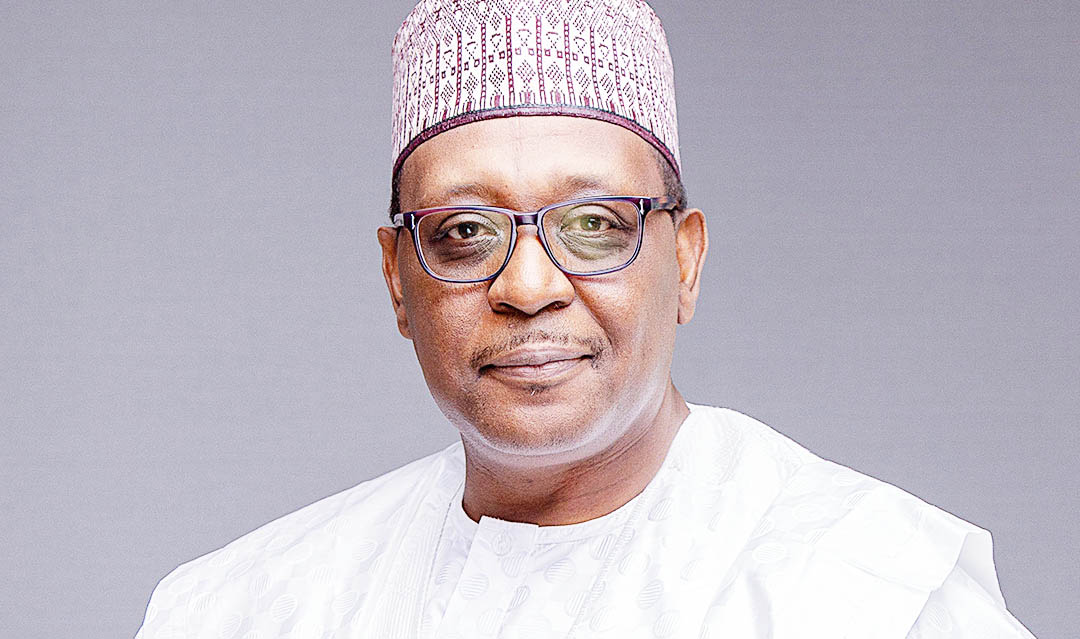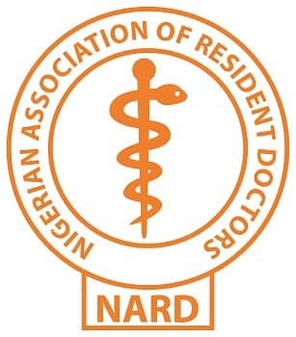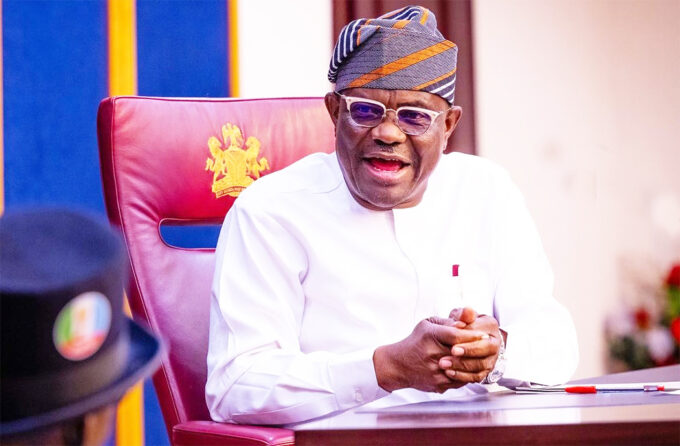Nigeria’s healthcare sector has long been plagued by poor power supply, hindering the delivery of quality medical services, Blessing Otobong-Gabriel examines the federal government’s efforts to tackle this challenge. The health sector has long been at a critical juncture, with the federal government acknowledging the need for reliable and sustainable energy solutions to power public hospitals. Government has risen to this challenge through various initiatives, including a 50 percent electricity subsidy for public hospitals and the provision of solar power mini-grids in selected hospitals.
Despite these efforts, the challenges persist and there is the need for urgent rethinking of traditional models of power generation and supply to hospitals.
To address these challenges, government is promoting public-private partnership to attract private sector investments in alternative and renewable energy solutions.
Earlier, the Minister of State for Health and Social Welfare, Dr Iziaq Salako inaugurated a committee for national dialogue on power in the health sector to convene the National Stakeholders Dialogue on Power in the Health Sector ensuring effective implementation of recommendations from the dialogue, mobilise resources and attract investments for sustainable electrification of public healthcare facilities, using a whole-of-government approach.
Salako said, “this crucial meeting of stakeholders in the health and power sectors will lay the right foundation and take progressive steps towards the attainment of energy sufficiency and sustainable electrification of our public healthcare facilities.
When he assumed office about six months ago, Salako conducted working visits to tertiary health institutions in different geopolitical zones.
According to him, these familiarisation visits gave him the opportunity to be directly exposed to the challenges being faced by federal tertiary health institutions, with the major problem being lack of electricity and huge energy cost.
He noted that there has been uncomplimentary media reports in respect to power supply in public health institutions.
The minister said the federal government has risen to this challenge through various initiatives including 50 percent electricity subsidy for public hospitals and the provision of solar power mini-grids in selected hospitals.
“These initiatives have however not been able to substantially address the challenges, thus the need for urgent rethinking of our traditional models of power generation and supply to hospitals. Indeed, the current situation requires a collaborative whole-of-government approach as we work across sectors to resolve the many challenging issues that are beyond the purview of the health sector”.
He directed medical directors to explore various public-private partnership models, develop business cases and draw up strategic plans of engagement that will attract private sector investments to boost their capacity in the area of alternative and renewable energy solutions.
He encouraged all public health facilities to think in this direction, saying this should be a priority agenda for the Committee of CMDs and MDs of Federal Tertiary Hospitals.
While acknowledging that there have been pockets of deployment of alternative energy solutions in some of our health institutions, he observed that it is obvious that the current efforts are neither integrated nor guided by any holistic framework, operational guideline or overarching policy.
According to him, the time for experimentation and haphazard adoption of unproven platforms for energy sourcing is over. “We can no longer afford business as usual in the face of mounting energy bills of our hospitals. The time has come for all hands to be on deck to relieve our hospitals of the burden of prohibitive cost of power supply which gulps hundreds of millions of naira monthly.
“This is the time to be creative and innovative, as we move to develop and adopt smart energy solutions that will strengthen our health system and empower us to deliver on our core mandate of improving population health outcomes”.
He said against this background, the need for a National Stakeholders Dialogue on Power in the Health Sector has become compelling.
Salako informed that the objective of the dialogue is to assess the existing power policy environment against the urgency of the energy needs of tertiary health facilities and other public health facilities based on lessons from other Low-Middle-Income Countries,LMICs, gather field experiences of the current power situation and elicit practical recommendations and best practices, identify alternative and sustainable solutions by exploring renewable energy options, backup power systems and energy-efficient solutions to enhance power reliability.
Others are to agree on mechanisms to strengthen public-private partnership for electricity supply to public health institutions and build consensus on policy and regulatory frameworks, funding mechanisms and sustainability strategy for efficient power supply to tertiary health facilities and other public health institutions among others.
He appreciated the priority attention that the health sector has been receiving under President Bola Tinubu which is slowly and steadily taking Nigeria on the path to universal health coverage.
He also appreciated the unwavering commitment of the Coordinating Minister for Health and Social Welfare, Professor Muhammad Ali Pate; Permanent Secretary, Ms Daju Kachollom, all the directors and the entire staff of the Federal Ministry of Health and Social Welfare, as they work together to implement and deliver on the priorities of President Tinubu with respect to transformative health sector renewal.
In his closing remark, Dr Babatunde Ipaye, who is the vice chairman of the committee and former Lagos State commissioner, pledged commitment to lead the National Stakeholders Dialogue on Power in the Health Sector towards finding solutions to the challenges that have plagued the health sector over the past years.
He said he is aware of the intricacies of our health system and the urgent need for reliable power supply, and pledged their commitment to work tirelessly, exploring innovative solutions and best practices to address the power challenges facing health institutions.
The Permanent Secretary, FMoH, Kachollom emphasized the critical nature of the health sector in Nigeria, highlighting the significant challenges posed by power issues.
Recently, the University of Ibadan Teaching Hospital faced severe power challenges, a problem that plagues institutions across Nigeria.
According to the permanent secretary, the newly inaugurated committee will play a vital role in addressing these challenges, driving solutions and fostering growth. With reliable power supply, businesses around hospital environments will flourish, and collaboration among stakeholders will help overcome the power issues plaguing health institutions.















Leave a comment